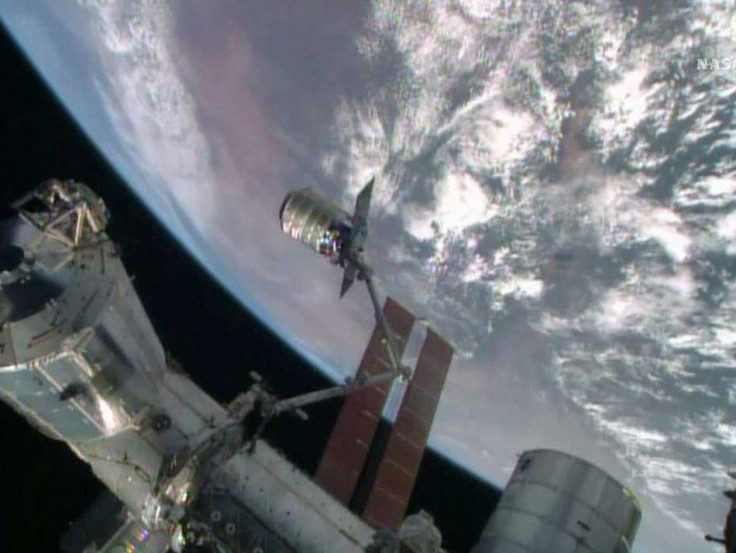HitchBOT Safely Completes 6000km Cross-Canada Trip, But Still Not Eligible for Driver’s License

HitchBOT, Canada's beer cooler-turned-hitchhiking robot, has finally arrived in Victoria, finally completing a 6,000-kilometre cross-Canada trek that started on July 26 from Halifax.
The modern day looking R2D2, according to David Smith, one of the robot's inventors, was created to gauge just how comfortable humans are when traveling with robots. Researchers also wanted to know how unpredictable situations will stimulate responses from such a robot. "What we wanted to do is situate robotics and artificial technologies into unlikely scenarios and push the limits of what it's capable of," Smith told the St. Louis Post-Dispatch.
On Saturday night, HitchBOT tweeted it was on its way to Victoria onboard a B.C. ferry.
I'm on a boat. Well, a ferry to be exact. Victoria, I'm on my way. #hitchBOT @BCFerries pic.twitter.com/SPewf9rIq1
— hitchBOT (@hitchBOT) August 16, 2014
Every inch a hitchhiker, the roving robot made it to Victoria by a series of rides in private vehicles. However, a minor responsibility lies on the person who would hitchhike it - it needs to ensure the robot gets recharged through a cigarette lighter or electrical plug.
Steve Sxwithul'txw, a First Nations video producer, said that when he caught up on HitchBOT, it seemed to be suffering from road rash or extreme fatigue.
"I've had some conversations with her ... when you ask a specific question, you get a discombobulated answer on a totally different subject," Sxwithul'txw told The Province.
He said its front windshield was already cracked and it appeared she has been taped up. "I just sent a quick email to her creators, saying she's in rough shape and needs a bit of a tune-up and he said 'It's like the space shuttle on re-entry kind of thing. Just a little duct tape and we're back in business,'" Sxwithul'txw was told.
David Harris Smith, an assistant professor at Hamilton's McMaster University, told CBC the hitchBOT aimed to look at the interaction and how people will treat increasingly ubiquitous technology.
"Usually, we are concerned with whether we can trust robots," Dr Frauke Zeller, Assistant Professor in the School of Professional Communication at Ryerson University, told CBC. "This project asks: can robots trust human beings?"
Its adventure maybe more or less already gets to answer that question. HitchBOT safely made it all the way to British Columbia solely on the kindness of strangers.
More of HitchBOT's adventures here.





















